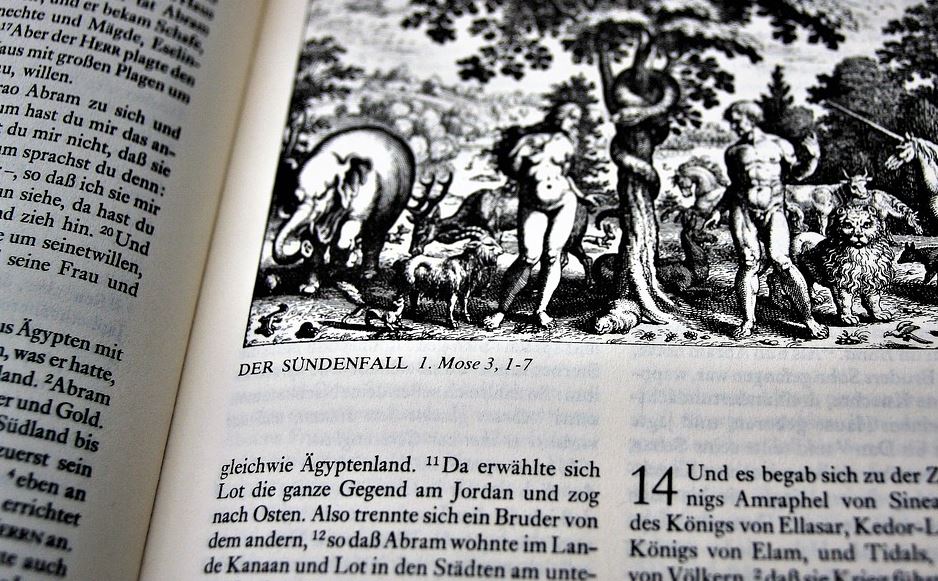Throughout history, able and qualified scholars have debated the validity of the Christian Scriptures. By “Christian Scriptures” one means the sixty-six books of the canon as laid down by historical debate during an early church council around 367 A.D.
The Writers of the Scriptures
The Scriptures were written by the hand of approximately 40 human authors, each said to be “inspired” or that God “breathed” the words through them and had them place them on the page. The span of the writings was over a 2000 year period, and yet there is one cohesive agreement within the pages, all forming a theme that is centered around the coming of a messiah, the advent of that messiah and his eventual return.
As the years passed, the Scriptures were copied over and over as copies were read, worn from use and passed from person to person. Then they were translated into various tongues as they were transported around the world.
As each new translation appeared, support for the older translations slowly subsided and the new translation took its spot in Christian history.

It was not until 1384 A.D. a man named John Wycliffe translated the Bible into the English tongue. It was a hand-copied version from the Latin Vulgate. This has since given birth to well over 500 English translations to date.
For some, the climax of the Bible translations arrived in 1611 with the King James Version of the Bible. It was stated by Protestant preacher Albert Barnes:
“It is perfectly clear, also, that it would be impossible now to translate the Scriptures into the English language, under so favorable circumstances as attended the translation in the time of James I. No single set of men could so command the confidence of the Christian world; no convention of those who claim the Christian name could be formed, competent to the task, or if formed, could prosecute the work with harmony; no single denomination could make a translation that would secure the active regard of others. The probability is, therefore, that while the English language is spoken, and as far as it is used, the English Bible will continue to form their faith, and direct their lives; and that the words which now pour light into our minds will continue to illuminate the understandings, and mould the feelings, of unnumbered millions, in their path to immortal life.”
The Copy of God’s Holy Word
Today, ongoing research is revealing previously unknown texts and archaeological finds are uncovering information that is substantiating many of the claims of the Bible. This is giving much more credence to the claim that we, in fact, have a copy of God’s Holy Word.
However good the translation is, the argument continues to rage as to which books are valid and which ones are not to be trusted as well as to which translation is the most accurate. Of the various schools of argument, one must finally agree that God superintended the compilation of the books as well as the translations and we indeed have the Word of God today or we have no basis for saying it is “The Word of God.”






